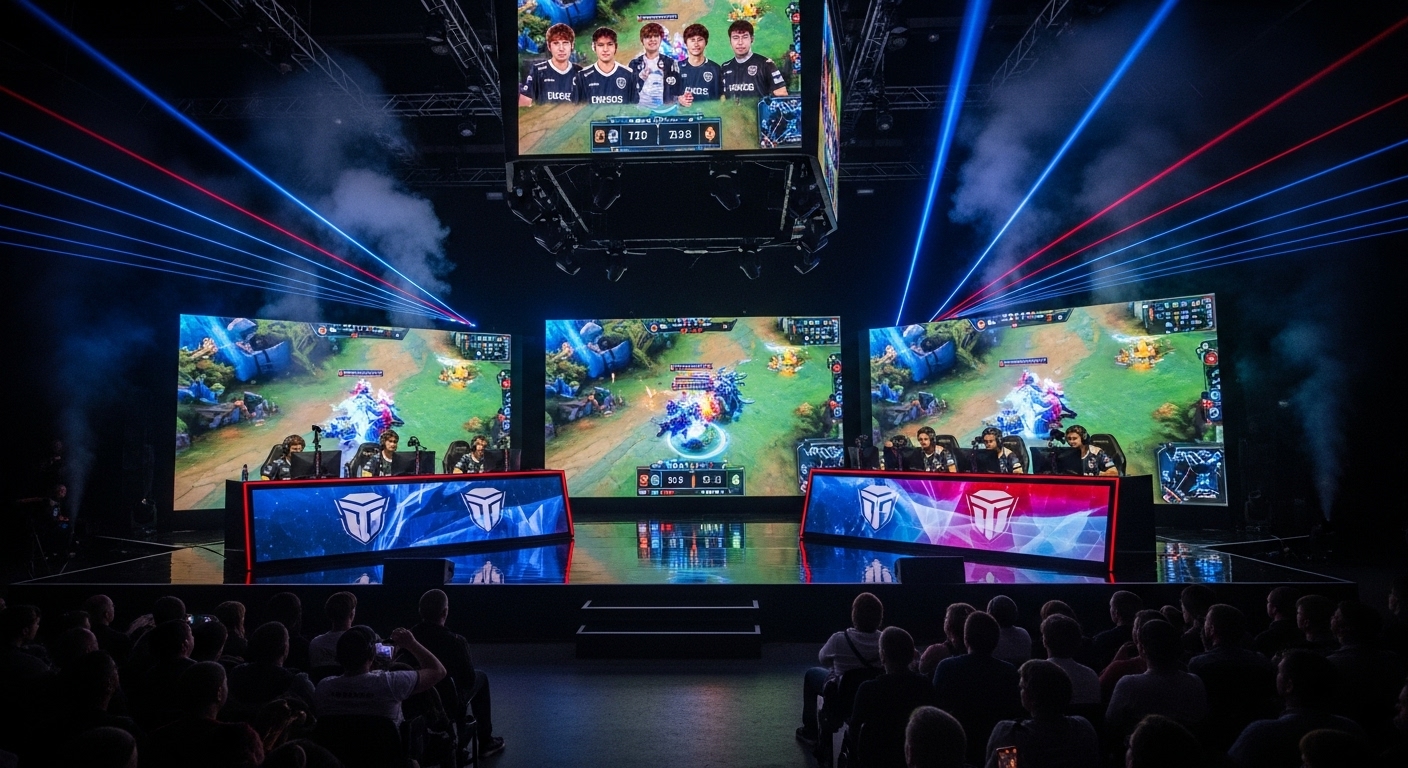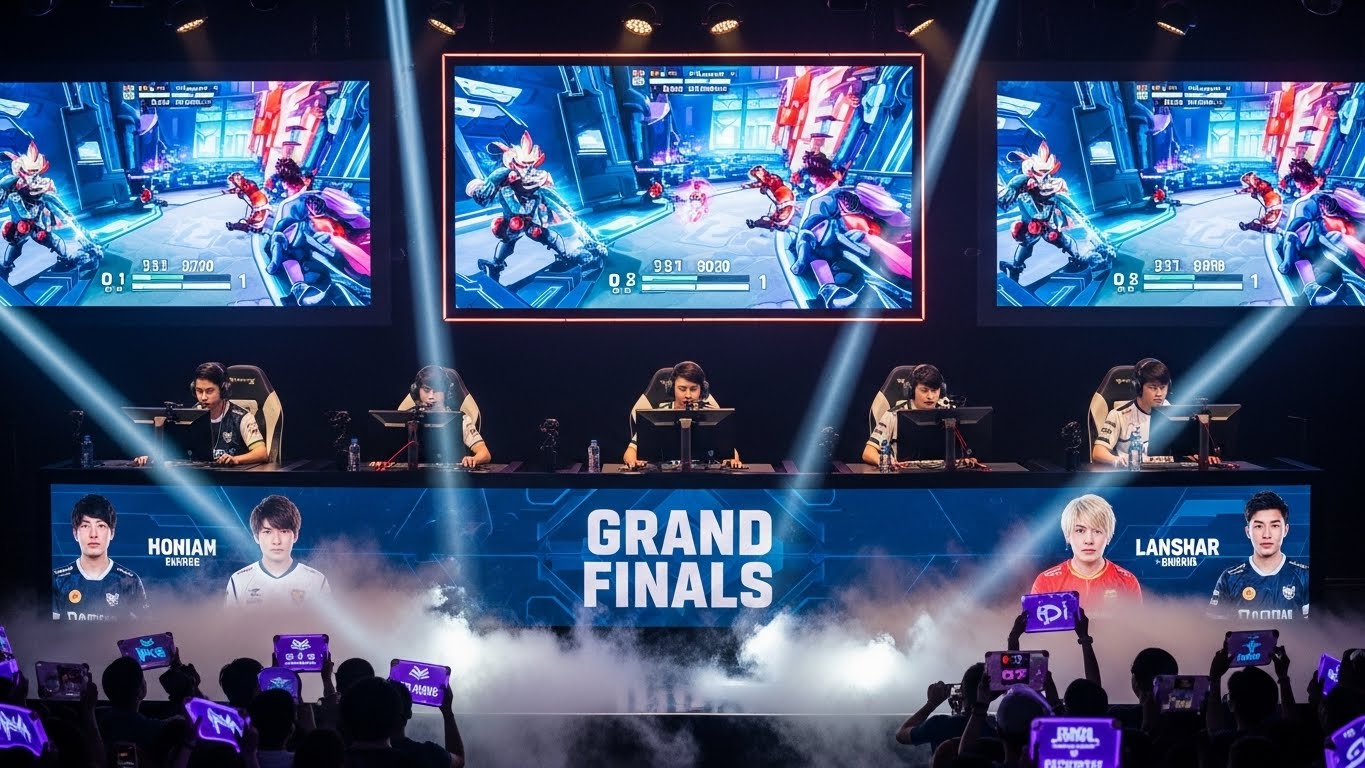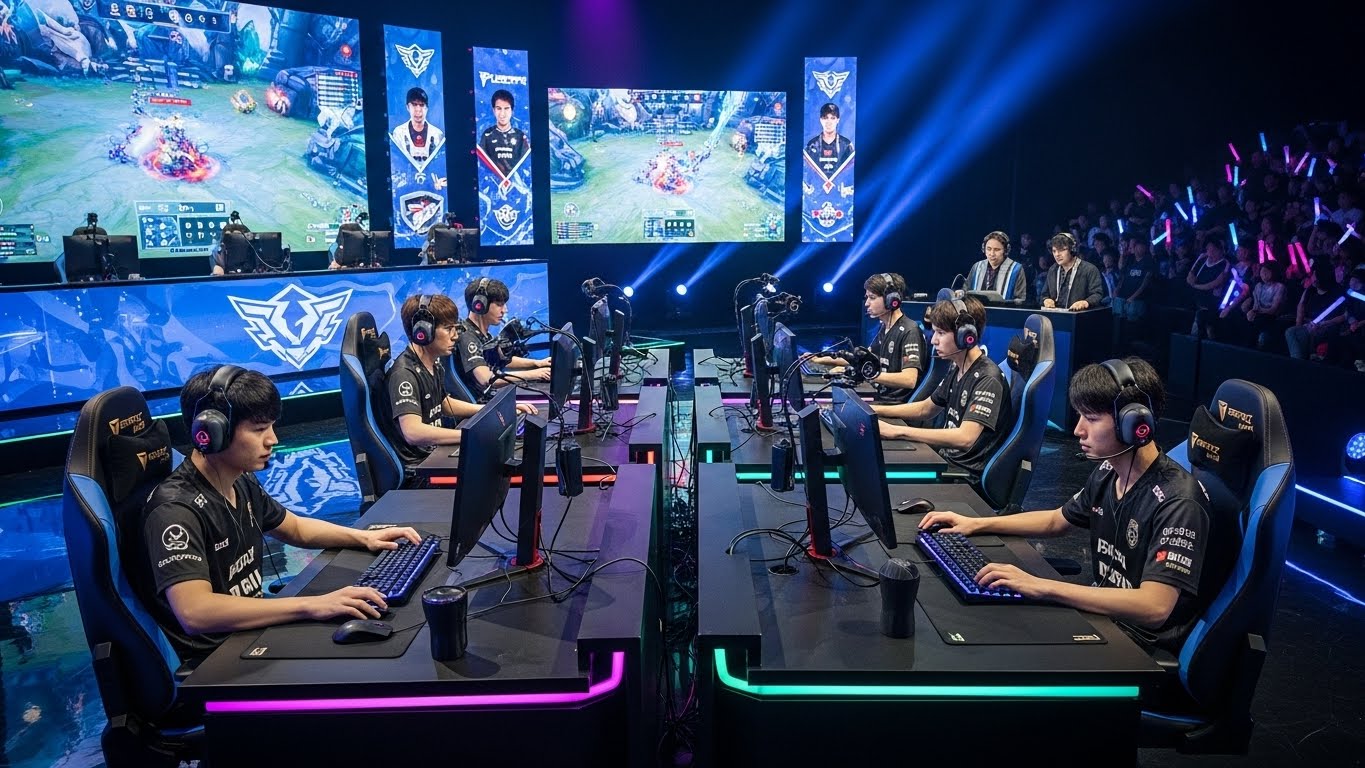The world of competitive gaming, known as eSports, has grown from a niche hobby into a global phenomenon. With professional leagues, international tournaments, and a dedicated fan base, eSports has transformed the way we think about gaming. It is no longer just entertainment—it is a serious sport, a career path, and a cultural movement shaping the future of digital competition.
Understanding eSports
eSports refers to organized, competitive video gaming where players or teams compete in various genres such as first-person shooters, strategy games, and multiplayer online battle arenas. Unlike casual gaming, eSports emphasizes skill, teamwork, strategy, and mental agility. Professional eSports players train rigorously, similar to traditional athletes, honing their reflexes, decision-making, and coordination to perform at the highest levels.
The Growth of eSports Industry
The eSports industry has exploded in recent years, drawing millions of viewers worldwide. Tournaments now fill stadiums, while online streaming platforms attract fans from every corner of the globe. Sponsorships, advertising, and merchandising have turned eSports into a lucrative business, creating new opportunities for players, broadcasters, and organizers alike. The industry’s growth reflects a broader cultural acceptance of gaming as a legitimate and respected form of competition.
eSports and Community Building
One of the most powerful aspects of eSports is its ability to bring people together. Fans create communities around games, teams, and players, fostering social interaction and shared experiences. Online forums, live streams, and social media platforms allow fans to discuss strategies, celebrate victories, and connect with like-minded individuals. These communities provide a sense of belonging and make eSports more than just a game—it becomes a social experience.
Skills Developed Through eSports
eSports requires a combination of mental, strategic, and technical skills. Players develop critical thinking, problem-solving, teamwork, and hand-eye coordination. Beyond gameplay, professional players often manage schedules, media interactions, and sponsorship responsibilities, cultivating discipline and leadership skills. These competencies demonstrate that eSports is not only a form of entertainment but also a platform for personal growth and career development.
Challenges Facing eSports
Despite its rapid growth, eSports faces challenges. Issues such as burnout, toxic behavior in gaming communities, and the lack of standardized regulations can hinder the industry’s development. Additionally, aspiring players must navigate financial and social uncertainties, as professional eSports careers are highly competitive and demanding. Addressing these challenges is crucial to ensuring eSports remains sustainable and inclusive.
The Future of eSports
The future of eSports looks bright, with technological innovations like virtual reality, augmented reality, and AI-driven game analytics promising to transform the competitive experience. Global tournaments will become more immersive, while increased media coverage and mainstream recognition will elevate eSports to new heights. As gaming continues to evolve, eSports will likely become an even more integral part of entertainment and culture worldwide.
Conclusion
eSports has redefined the concept of gaming, turning it into a professional, competitive, and cultural force. It bridges communities, develops critical skills, and offers new opportunities for players and fans alike. As the industry continues to grow, eSports will remain a dynamic and influential part of the digital world, shaping the future of how we play, compete, and connect.



